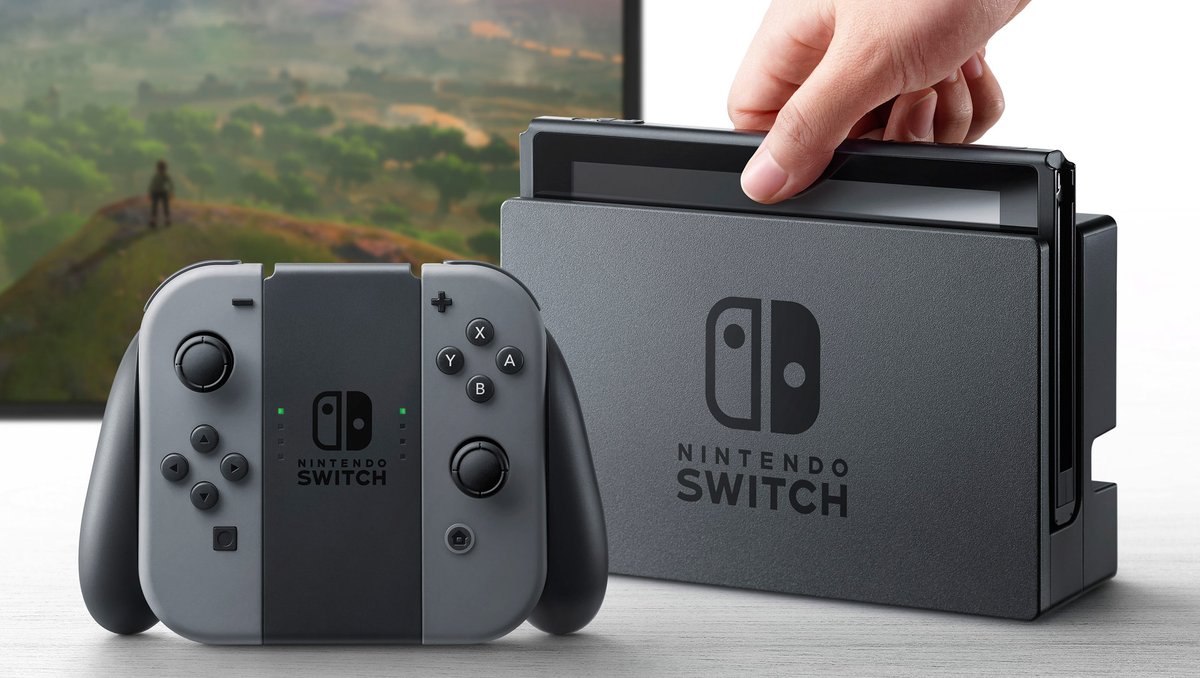
Nintendo’s upcoming Switch handheld-home console hybrid aims to reinvent the traditional concept of a video game platform, similar to how the Japanese gaming giant fundamentally altered the direction of the gaming industry with the launch of the Wii and its ‘waggle’ controls in the mid-aughts.
Similar to every Nintendo home console since the Super Nintendo, third-party developer support — a term that refers to any developer that isn’t, in this case, Nintendo — is important to the system’s future.
“It seems like a gimmick, unsure of what it wants to be” — Raphael Van Lierop
Third-party titles are important to the success of any console and a lack of support from development partners is a significant reason why some of Nintendo’s systems have struggled. The Wii U, Nintendo’s ill-fated attempt at releasing a ‘second screen experience’ video game console, never truly took off despite having arguably the best library of games (as long as you’re a Nintendo fan) in comparison to the PS4 and Xbox One. Titles like Mario Kart 8, Splatoon, Super Mario 3D World and Super Mario Maker, offer innovative experiences that can only be had on the Wii U.
Given the Wii U’s limited hardware power, it’s difficult for developers to bring Xbox One and PS4 games to Nintendo’s current console, resulting in a dearth of third-party titles following the system’s initial release window. It also didn’t help that the Wii U has reportedly sold only approximately 13.5 million units worldwide, giving developers a minuscule install base, especially compared to the PS4 and Xbox. A console can’t survive on first-party titles alone, and Nintendo has proven that fact repeatedly with the N64, GameCube and Wii U (Wii third-party support was abundant).
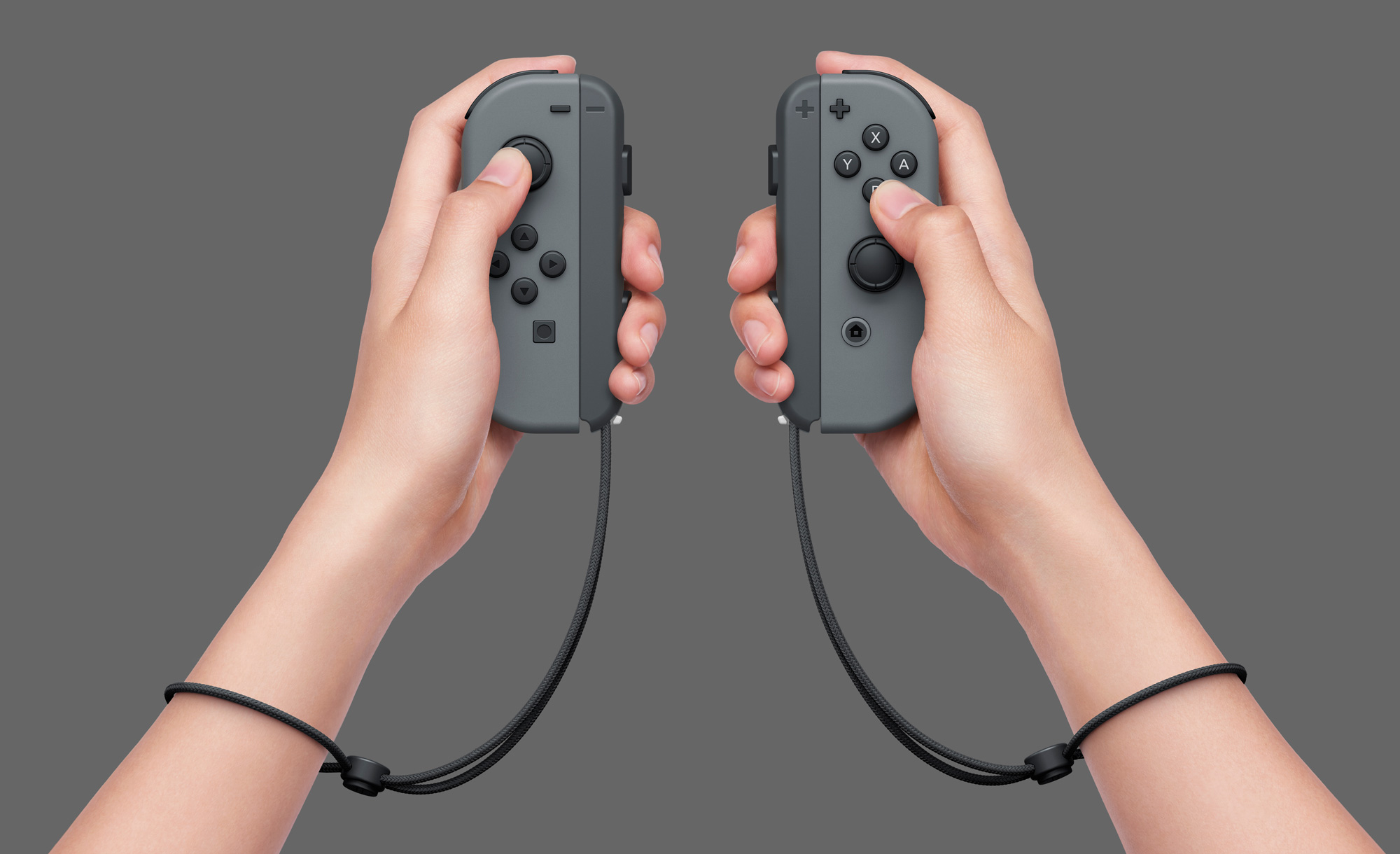
With the Switch, Nintendo believes it has solved the Wii U’s most significant issues by releasing a console that’s truly portable, but can also be used at home and played on the big screen. The system, however, remains a step behind the PS4 and Xbox One in terms of hardware power, according to early reports, in part due to its custom Nvidia Tegra chipset. While third-party developer support may seem strong at the outset thanks to a deluge of Japanese-developed games like Super Bomberman R, Sonic Mania and I Am Setsuna, it’s unclear if that momentum will continue.
We spoke with several Canadian independent video game developers to gauge their interest in the Switch, as well as to learn how they feel about Nintendo’s future from a broader perspective.
Raphael Van Lierop, Vancouver Island-based co-founder of Hinterland Games, the studio behind Canadian set survival game The Long Dark, feels Nintendo’s Switch is a confusing device with little direction.
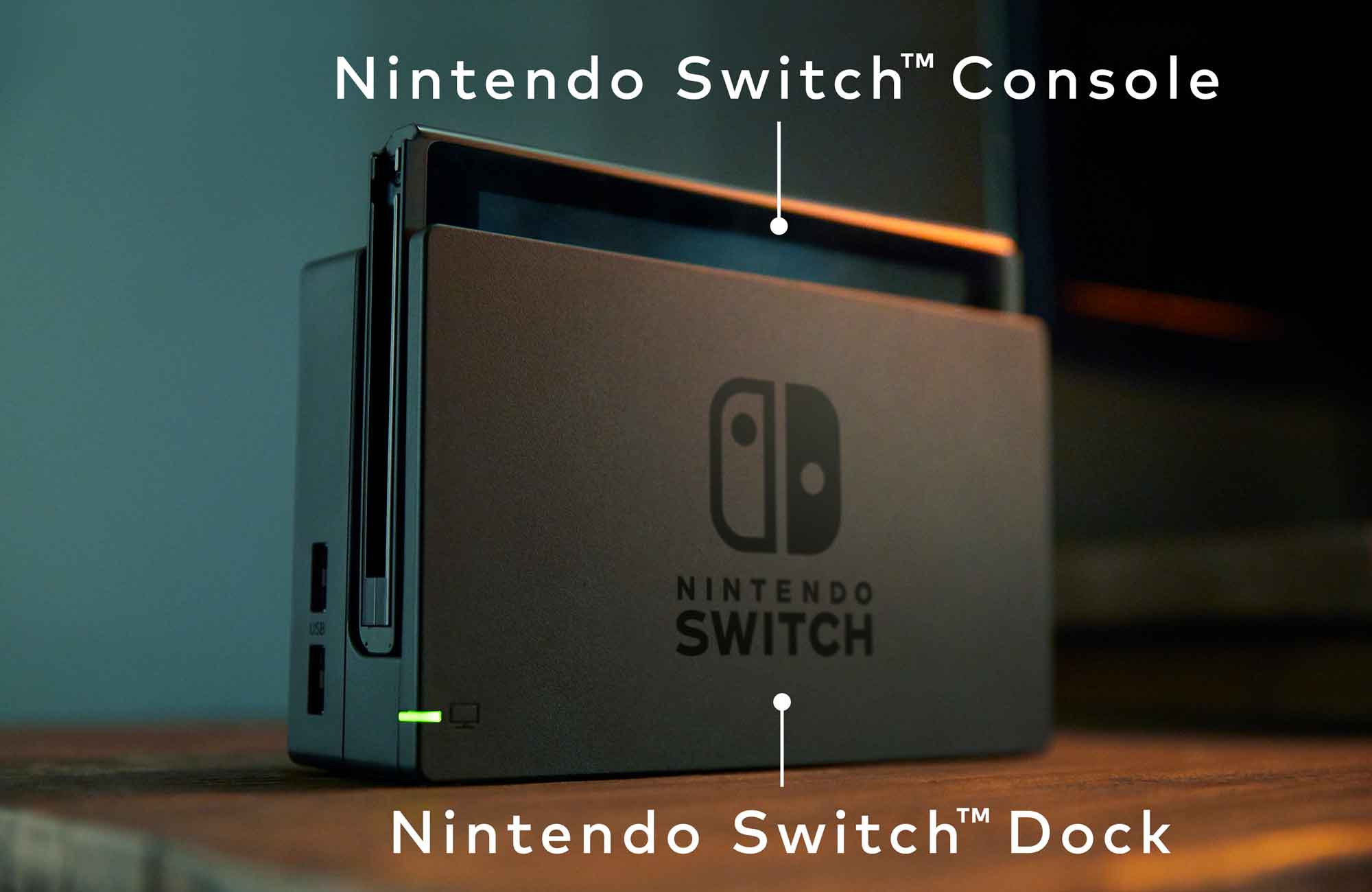
“I have no interest in developing for the Switch. It seems like a gimmick, unsure of what is wants to be. Is it a console? Is it a tablet? It is both? I prefer a platform to be focused on doing one thing well,” said Van Lierop in a recent interview with MobileSyrup.
He goes on to say that just like with the Wii and Wii U, bringing a game over to the Switch requires a specific control scheme in order to capitalize on the platform’s strengths. As a PC-focused developer, the Switch’s unique functionality doesn’t make sense for Hinterland.
On the other hand, Alex Rushdy from Toronto-based 13AM Games, the studio behind Runbow, one of the Wii U’s few popular independently developed titles, has an unsurprisingly positive view of the upcoming console, which makes sense given the studio’s previous partnerships with Nintendo.
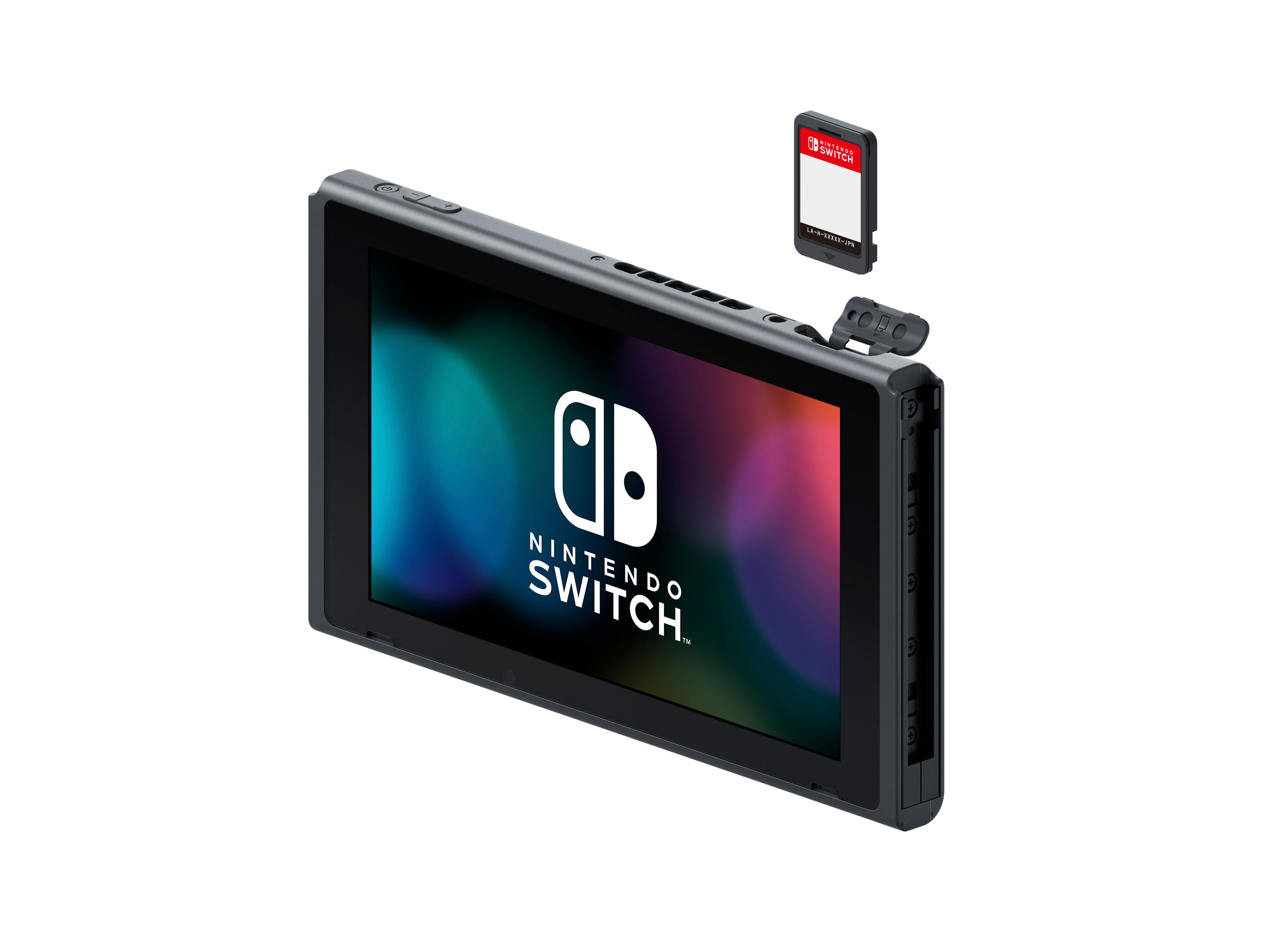
“Traditionally, Nintendo’s portable machines get more third party support than their home console hardware, and traditionally Nintendo’s home consoles are popular in North America whereas their portables are more popular overseas in Japan. Now that this product appeals to both demographics at once, it’s less risky to develop games for. You no longer have to invest in two separate versions of a game for two machines for two demographics,” said Rushdy, explaining that from his perspective, Nintendo’s Switch ostensibly combines the 3DS and the Wii U into one device.
“I’d love to bring Runbow to the Switch, but I’d like to make new games for it even more,” continued Rushdy, when asked whether or not he has plans to develop for Nintendo’s upcoming console. 13AM Games’ Runbow features a unique colour changing mechanic that has players bounding between platforms in a frantic race.
On the other side of the spectrum Ryan Cash, the co-founder of Toronto-based developer Snowman, the team behind critically acclaimed mobile game Alto’s Adventure, is keen on the Switch, mainly because Nintendo has a history of making video games more accessible, something he feels is important to pushing video games forward as a medium.
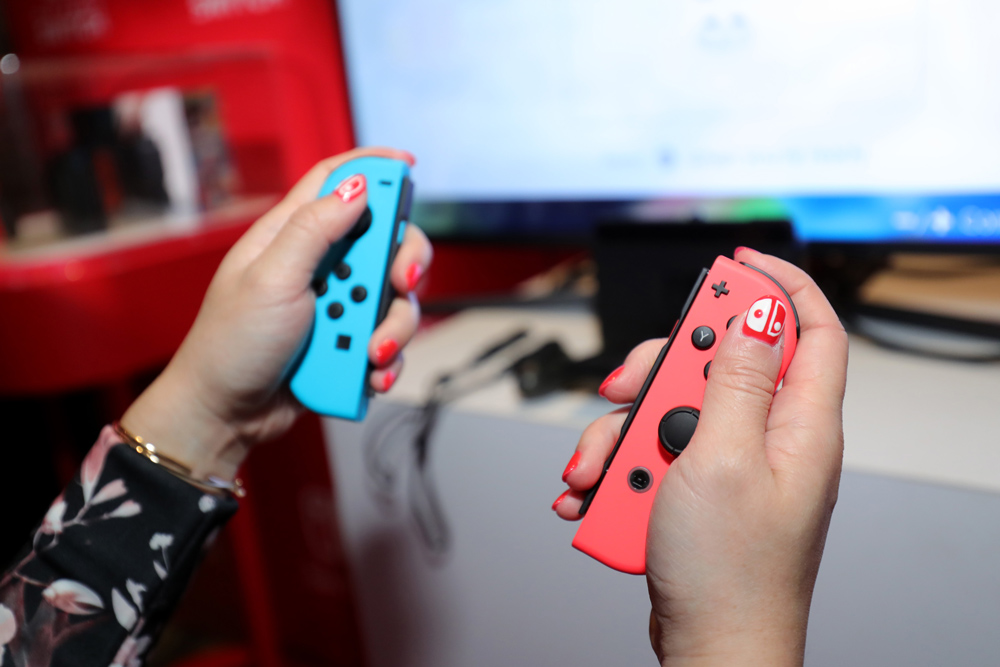
“We’re big believers in the idea of making play more accessible, and stretching the boundaries of what a game is. Nintendo’s always been a leader here, and the Switch looks like it’s continuing along this path with its touch screen tablet controller that you can take anywhere you go,” said Cash.
Cash has an interesting analogy when describing his team’s feelings on the Switch, comparing the portable gaming device to a DSLR camera.
“A DSLR isn’t going to replace your phone camera, but when you want to go out and take really spectacular photos, you’ll bring it along. The ability to have gaming experiences like console quality Zelda and Mario titles on the go is really exciting, and as big fans of those series, we can’t wait to play the new titles,” continued Cash, before downplaying the sentiment that the Switch could play a hand in minimizing the popularity of smartphone-based gaming.
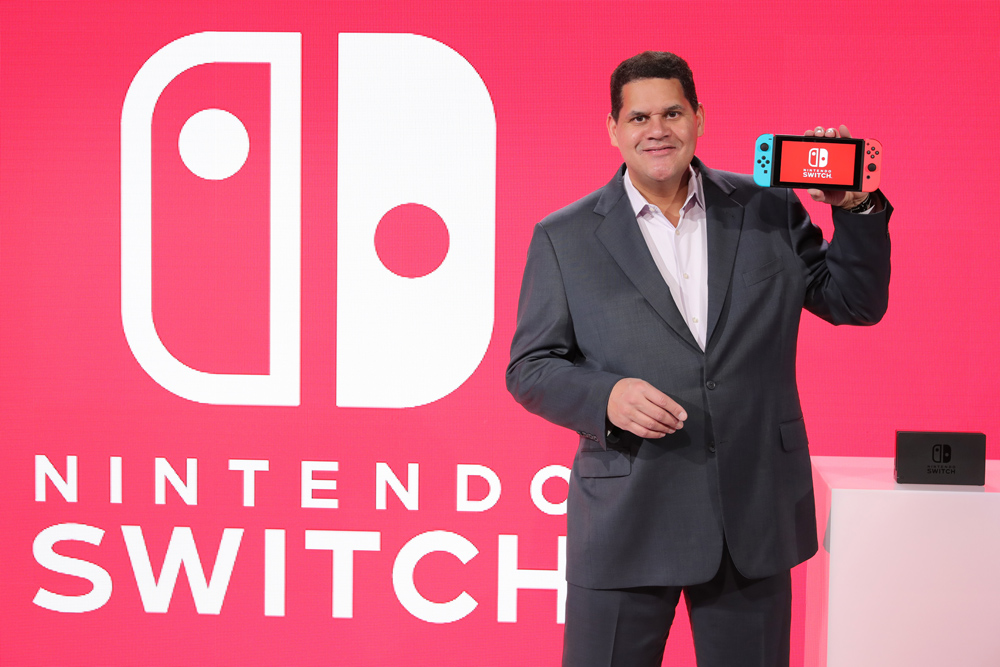
“The Switch is a very different platform, and that in and of itself is interesting. Other consoles are battling it out for the newest high-end hardware, meanwhile Nintendo has ignored that fight entirely and instead decided to create something entirely separate. They’re continuing their trend of blazing their own platform trail, and that’s rad.”
“We’re big believers in the idea of making play more accessible” — Ryan Cash
Vella also feels Nintendo continues to maintain a unique position in the market by appealing to younger players, especially when it comes to the Japanese gaming giant’s marquee franchises.
“Both Sony and Microsoft have their tentpole franchises rated at Teen or higher, which really don’t play well with youngsters. Nintendo is trying to excite both children and adults, and as a new parent I really appreciate that,” said Vella.
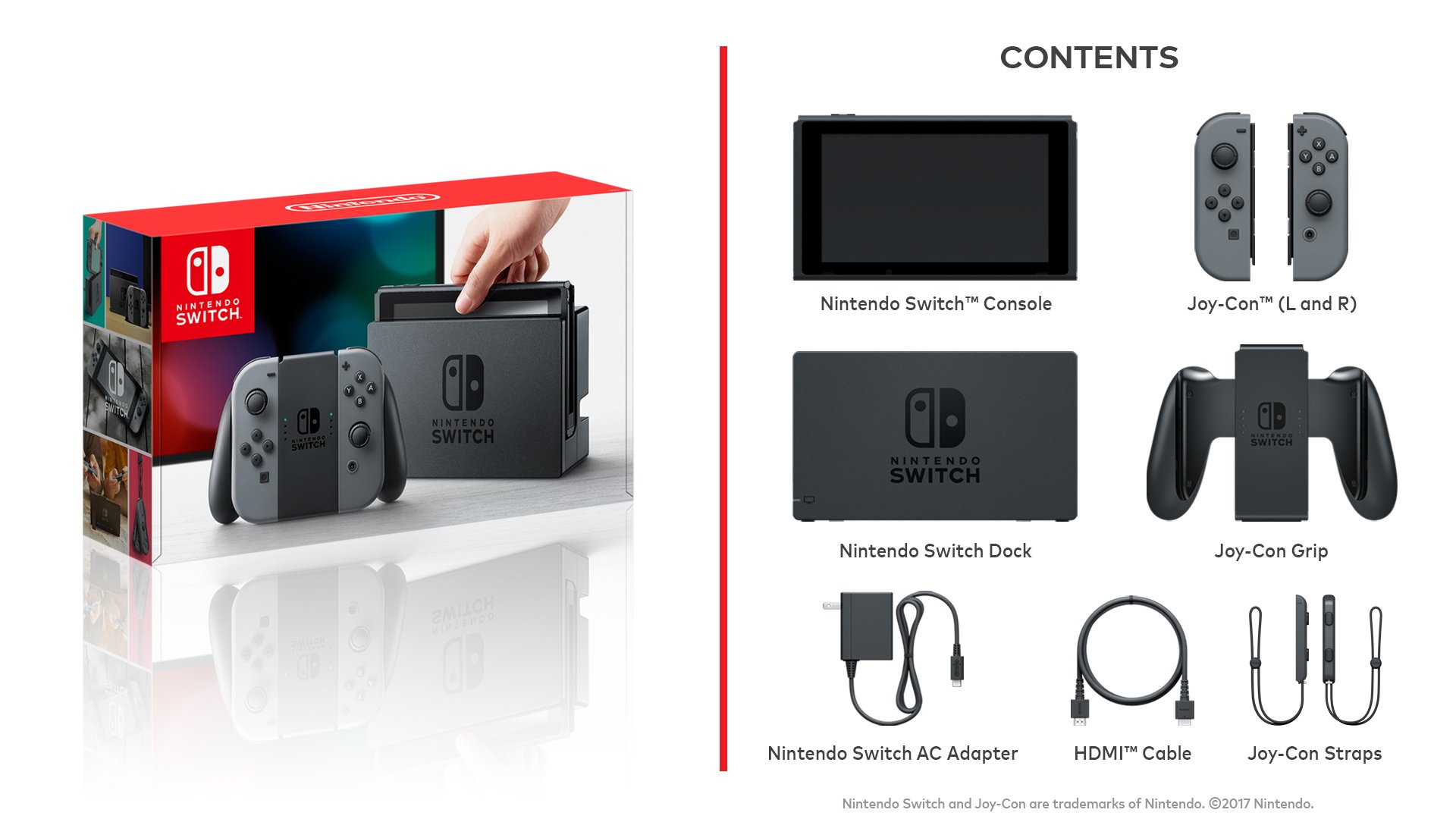
Drinkbox Studios’ co-founder Graham Smith, the developer of Guacamelee, arguably one of the best 2D side-scrolling platformers released in the last few ears, says his studio is considering working on Switch titles.
“We’re definitely keeping the Switch in mind for our upcoming games. With the the removable Joy-Con controllers, the Nintendo Switch seems like a very good fit for games that support a local co-op mode. Drinkbox has a few games like this (About a Blob, Guacamelee), and while Nintendo does not really seem interested in ports of older games coming to the system, we will definitely be keeping this aspect of the system in mind for future games,” said Graham.
Graham also feels that unlike many industry observers, third-party support won’t be an issue for Nintendo with the Switch because its internal processing power is more in line with its competitors, the Xbox One and PlayStation 4.
MobileSyrup may earn a commission from purchases made via our links, which helps fund the journalism we provide free on our website. These links do not influence our editorial content. Support us here.


